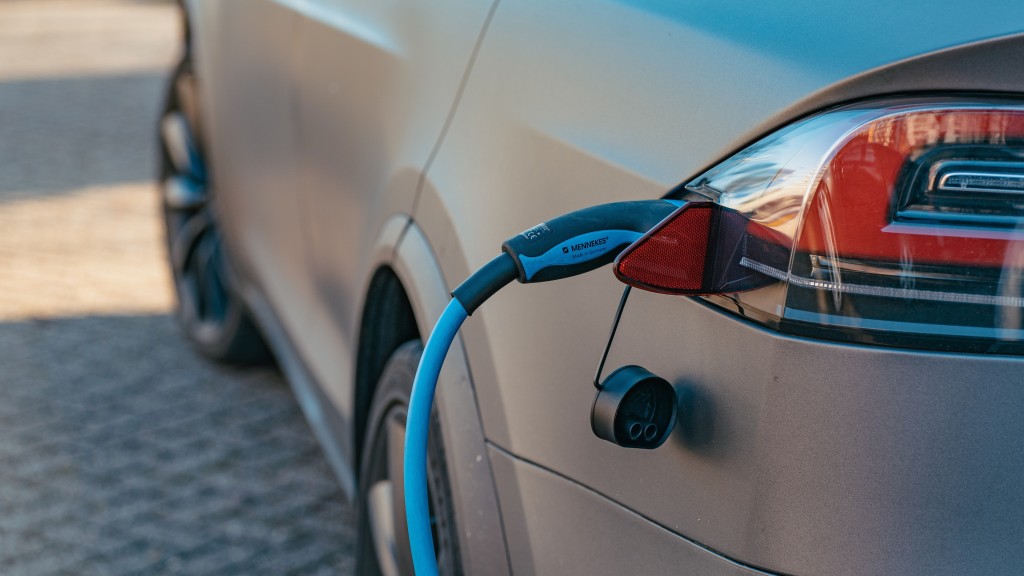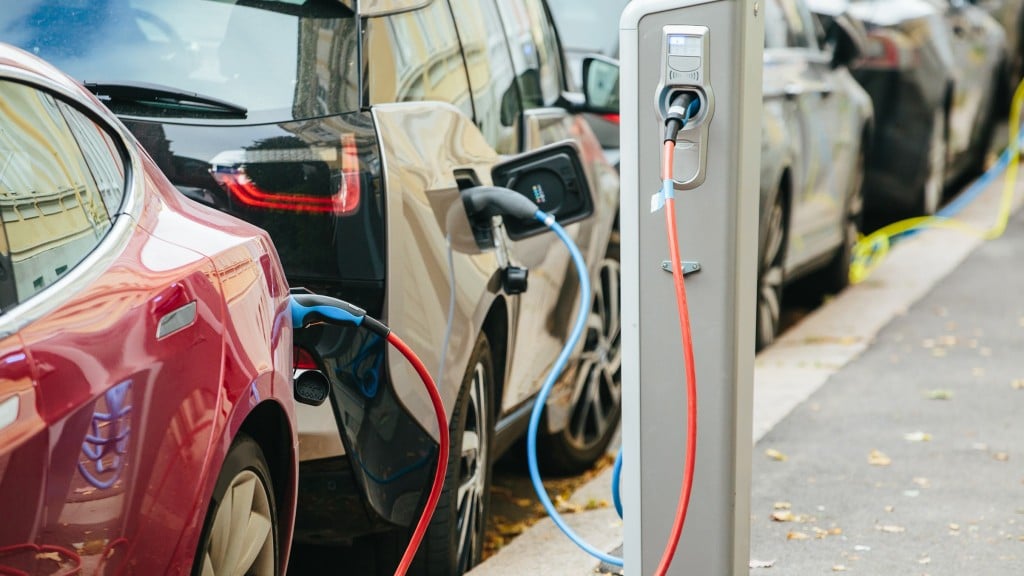Electra receives $5 million in funding from Canadian government
Funding will help development of battery metals recycling technology

Electra Battery Materials Corporation has received $5 million in contribution funding from Natural Resources Canada to support the development of its battery materials recycling technology.
In 2023, Electra successfully operated a battery materials recycling demonstration plant in a batch process at its refinery complex, processing more than 40 tonnes of end-of-life battery scrap, known as "black mass," and producing high-quality nickel, cobalt, and lithium.
Building on this success, Electra is accelerating the next phase of its recycling project to demonstrate continuously that its hydrometallurgical black mass process is scalable, profitable, and can be implemented at other locations. The Government of Canada, through National Resources Canada's Critical Minerals Research, Development, and Demonstration program, has committed funding of $5 million for this project, which will be based at the company's fully permitted property about five hours north of Toronto, Ontario, in Temiskaming Shores. Recycling and recovery of these critical metals would reduce greenhouse gas emissions in the EV supply chain and decrease reliance on foreign countries for critical minerals.
"Today's funding announcement is a clear signal from the Government of Canada of its ongoing commitment to creating a strong, sustainable EV supply chain," said Trent Mell, Electra's CEO. "While recycling critical minerals is part of our business strategy, we also remain focused on the construction of our cobalt sulfate refinery and look forward to updating the market with funding developments to restart construction. Our recycling project is part of the growth plan for the Refinery complex and we are thankful for this investment as it allows us to speed up the development of our proprietary battery metals recycling technology. Electra's black mass recycling expertise can contribute to the production of clean, secure and ethically sourced materials for the EV supply chain in North America.
"Recycling of battery materials will become more critical as the EV industry expands within North America," Mell continued. "We are strengthening our development timelines through our partnerships with government and industry, such as with Three Fires Group with whom we are exploring developing a battery material shredding facility in Ontario. Our refinery is positioned to be the first-of-its-kind for recycling, a hydrometallurgical black mass facility in North America, and could provide recycling as a service to the many gigafactories coming to Ontario."
North of Toronto, Electra is constructing what the company says is North America's only cobalt sulfate refinery as part of a multiphase effort to onshore refining capabilities for cathode materials.
Electra says that its 2023 battery materials recycling demonstration program is the first plant-scale recycling of black mass material in North America as well as the first domestic production of nickel-cobalt mixed hydroxide precipitate product ("MHP"). Electra's proprietary hydrometallurgical process successfully recovered MHP, lithium carbonate, graphite and other commercial products from 40 tonnes of black mass.
During the year-long recycling trial, recovery rates for all targeted metals improved with recovery for manganese improving by more than 50 percent from results achieved in a lab setting. The metal content in the MHP increased 5 to 10 percent throughout the trial. By early 2024, the quality of the company's lithium carbonate was approaching technical grade. Increasing metal content results in a higher value saleable product, thereby improving the potential economics of continuous recycling operations.
The federal funding from Natural Resources Canada will allow Electra to continue testing its black mass refining to optimize the process parameters and reagent consumption as well as maximize the percent recovery of critical metals and their quality. The company will also explore the potential of isolating cobalt from nickel contained in the MHP product to improve the overall payability of both the resultant cobalt and nickel product. Ultimately, this program will support commercial discussions with battery cell manufacturers seeking North American-based solutions for a circular supply chain.
Company info
Bay Adelaide Centre
333 Bay Street, Suite 2400, P.O. Box 20
Toronto, ON
CA, M5H 2T6
Website:
electrabmc.com



